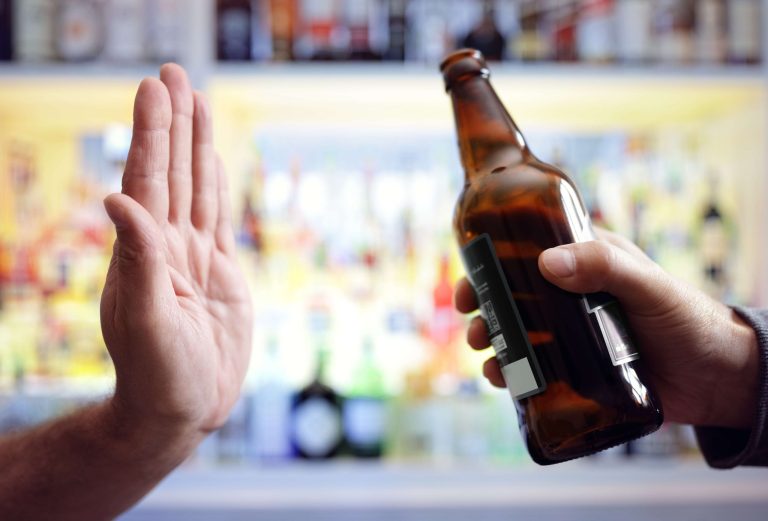Content
My journey of recovery brought this once homeless, shame-based, traumatized, insecure young man to a life far beyond anything I could have ever imagined. I discovered self-worth, the joy of helping others, the gifts of parenting and grandparenting, and most importantly the ability to live a meaningful and purposeful life with integrity. My name is John Bruna, co-founder of the Mindfulness in Recovery® Institute, and more importantly, a grateful member of the recovery community.
These daily cognitive needs and memory are so sensitive to alcohol – just imagine party binge drinkers in movies; when they have too much they can’t even remember the night before. A little too much is going to have an impact on your average workday, too. Binge drinking is considered heavy drinking, where a man has 5 or more drinks in two hours, and a woman has 4 or more. Basically, dopamine is involved in almost every area of your thought and reward system.
How long does it take for brain functioning to return to normal after drinking?
When alcohol isn’t metabolized properly, less glucose is available to fuel neurotransmitters like glutamate and GABA. An alcohol use disorder causes brain damage due to malnutrition and inflammation caused by an overabundance of toxic metabolites such as ammonia, acetaldehyde, and free radicals. Alcohol and brain fog may be related to the significant changes alcohol brain fog in the brain from long-term alcohol use. Blackouts are common with heavy drinking, which can result in side effects after use. If you’ve ever felt overwhelmed with stress and anxiety, you might have felt like you’re detached from your mind and its processes. Brain fog feels like the room inside your head is not clean and requires a deep refresher.
“It should be at the top of everyone’s list for clinical trials,” he said. CHICAGO, Oct Lauren Nichols, a 34-year-old logistics expert for the U.S. Department of Transportation in Boston, has been suffering from impaired thinking and focus, fatigue, seizures, headache and pain since her COVID-19 infection in the spring of 2020.
Got Brain Fog? Here’s How Alcohol Affects Your Dopamine and Reward System.
Our brains don’t do well at multitasking, that’s why choosing one very tiny goal at a time offers you the best chance of success. It has to be practical, manageable, and as easy as you can make it. Find communities of mindful drinkers to help you get the support you need. Reducing cortisol levels can go a long way to rebalancing your hormonal and nervous systems.
Brook McKenzie serves as Chief Operating Officer for Burning Tree Programs. Based at the Ranch facility in Kaufman, TX, Brook plays an everyday part in the lives of our clients and families. His leadership style is informed by his own experience as a Burning Tree Ranch alumnus.
Alcohol Brain Fog: How to Start Healing Your Brain
When you experience severe withdrawal symptoms, it’s your brain’s way of trying to restore the chemical balance once again. Essentially, your brain chemistry no longer functions properly without alcohol. For most unhappy drinkers, a spiritual or religious life is neglected. Whether seeking to ease social anxiety or drinking to kill the pain of deeper emotional issues, most alcoholics lack emotional clarity. Learning to identify feelings and respond appropriately is a new skill for persons seeking sobriety.Counseling can help those seeking long term emotional sobriety of uncover new methods of coping. While the recovering alcoholics did not do worse on any specific spatial test, their combined spatial test averages were lower those of the nonalcoholics.

Comments